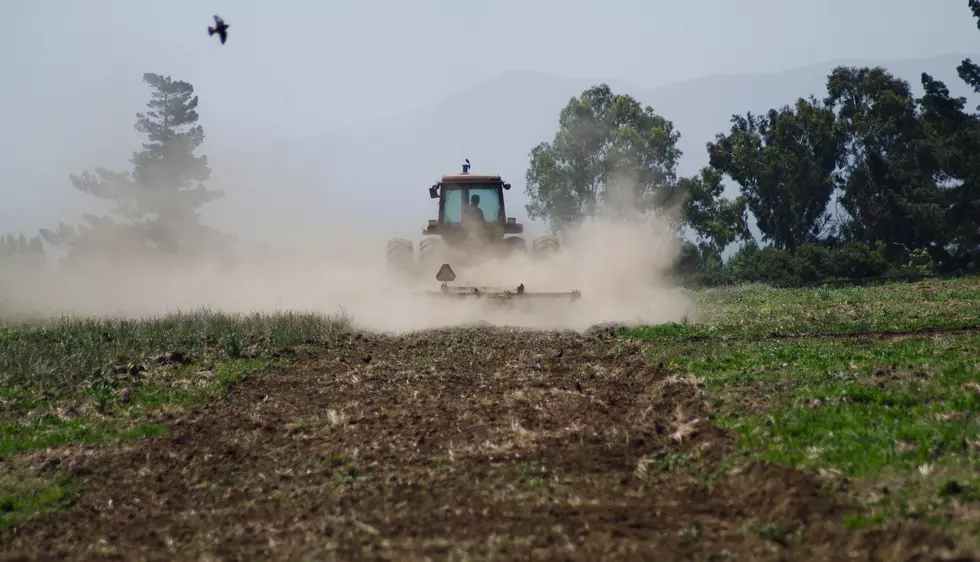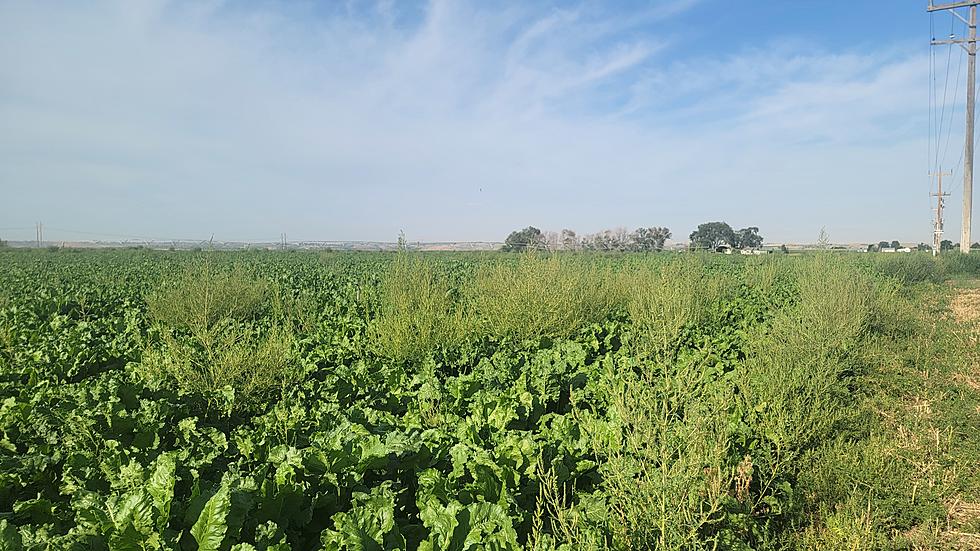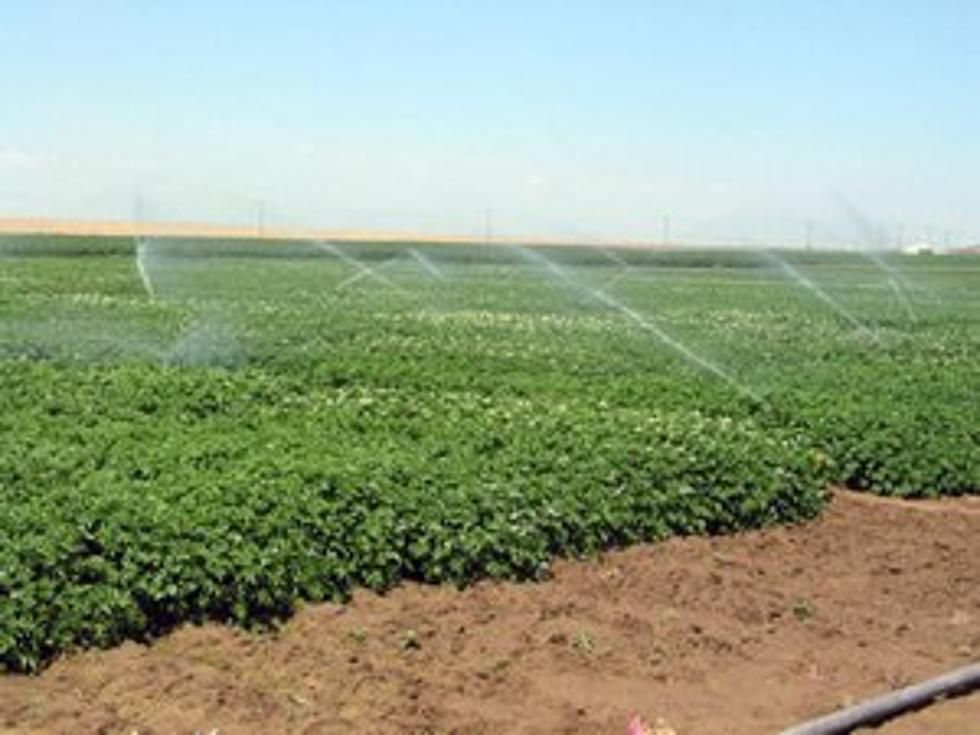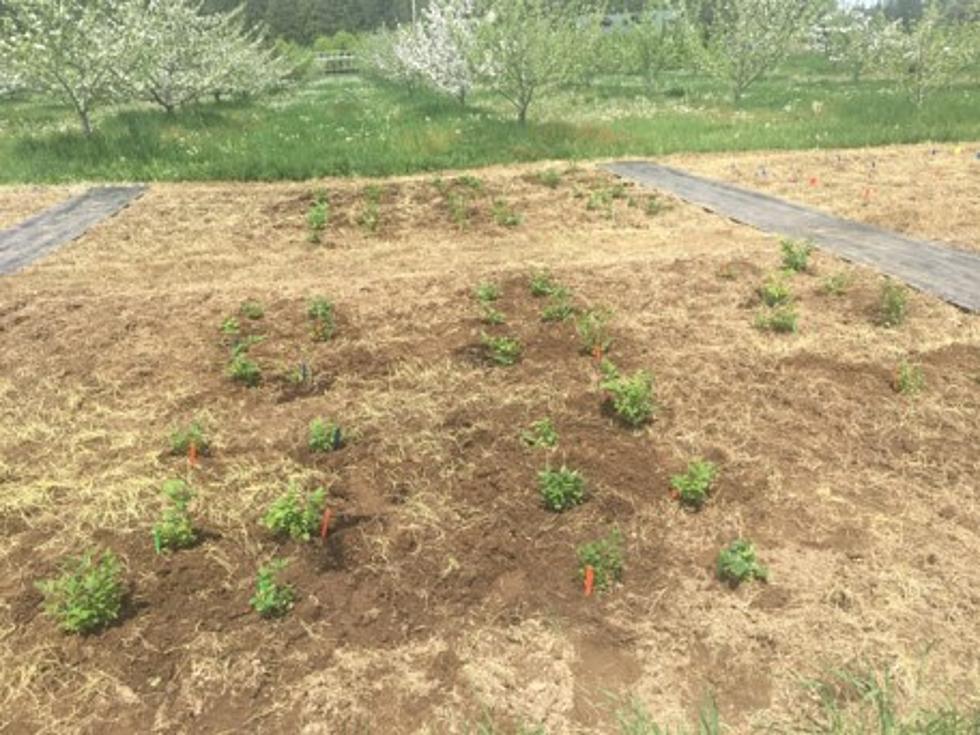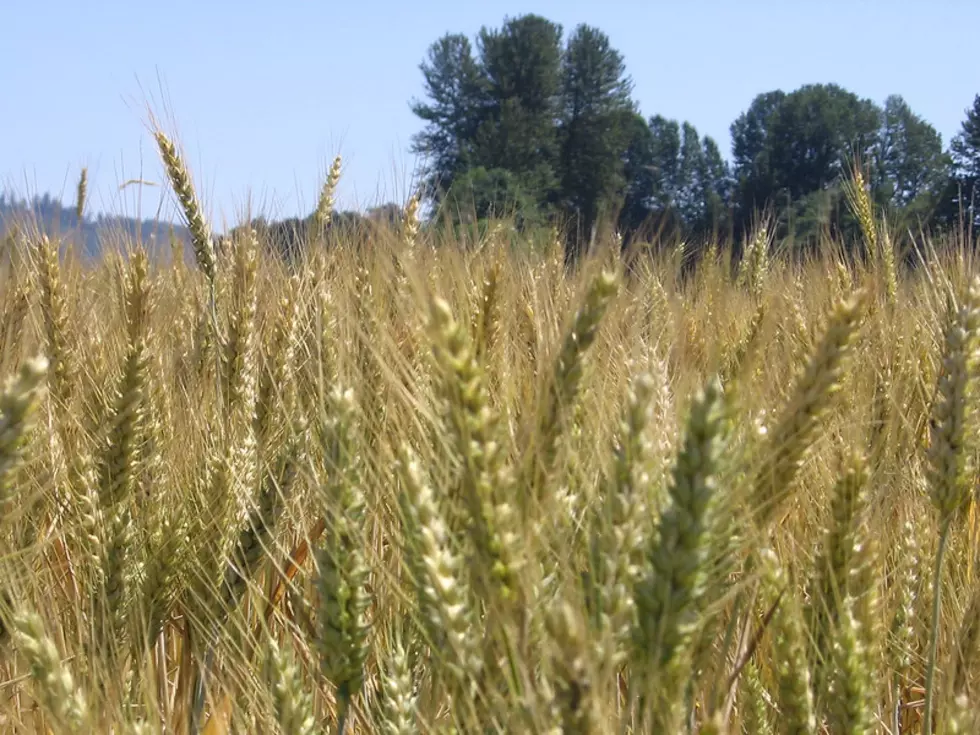
U of I to host workshops to train beginning ranchers
A University of Idaho meat science research team has secured a large federal grant to provide training for beginning ranchers throughout the Northwest.
The three-year, $479,000 grant from the U.S. Department of Agriculture’s National Institute of Food and Agriculture will fund a series of regional workshops titled “Beef 101: Pacific Northwest Beginning Rancher Development Program.”
The team’s goal is to host about six workshops serving roughly 180 producers combined per year. One-day workshops will focus on specific issues relating to livestock production. A comprehensive, multi-day workshop will be hosted in late May in Moscow, covering a host of relevant topics, such as livestock breeding, genetic selection, animal health, grazing, land management, diversifying a business, financial planning, beef quality assurance, vaccinations, food safety, beef markets and livestock evaluation.
The U of I team includes Jessie Van Buren, Michael Colle, Lauren Christensen, Meranda Small, Audra Cochran, Brett Wilder and Phil Bass.
Participants in the workshops will have the opportunity to have soil and forage samples from their operations analyzed. The grant will also pair new ranchers with experienced mentors in the industry and will cover site visits, during which experts from the team will go to individual operations to make assessments. A stipend will be offered to the program’s mentors, and scholarships will be available to help participants cover mileage, hotels and other travel costs.
Grant funds will also help Bass and other meat science researchers travel and present at relevant previously existing educational programs, such as Lemhi County’s annual beef school. Furthermore, grant funds recently helped Small travel to provide training to young producers with the Student Idaho Cattle Association. Some funds will be used to purchase teaching tools and props, such as a replica cow used to demonstrate fetal dystocia, which occurs when abnormal fetal size or positioning complicates delivery.
“This is really taking the mission of Extension and just accentuating it, and it’s given us that license to go out and do the job that we were tasked with doing and to be very effective at it,” said Bass, who is principal investigator on the grant.
The Idaho Cattle Association authored a letter of support for the grant, vowing to help recruit beginning producers to participate.
“Everybody on the team has connections with younger producers in the state, so that was one of the targets,” added Van Buren, a UI Extension Educator serving Latah County, who had the primary responsibility for writing the grant.
Wilder, an area Extension educator with the Department of Agricultural Economics and Rural Sociology, will present ranch business management tips, such as when to buy or replace heifers, how to set up a small business, how to have a conversation with a lender and how to manage risk.
“It’s a really exciting grant they spearheaded,” Wilder said. “It’s a challenge across agriculture as a whole to get young people involved at a meaningful level. I think we’re going to be able to accomplish a lot.”
Source: University of Idaho College of Agricultural and Life Sciences
This $28.5 Million Farm Is The Most Expensive For Sale In Idaho
Gallery Credit: Chris Cardenas
What To Know About Cutting Down Your Christmas Tree in Idaho
Gallery Credit: Chris Cardenas
4 Ways Idaho's Runaway-Truck Ramps Can Your Life This Winter
Gallery Credit: Ryan Antoinette Valenzuela
More From PNW Ag Network

